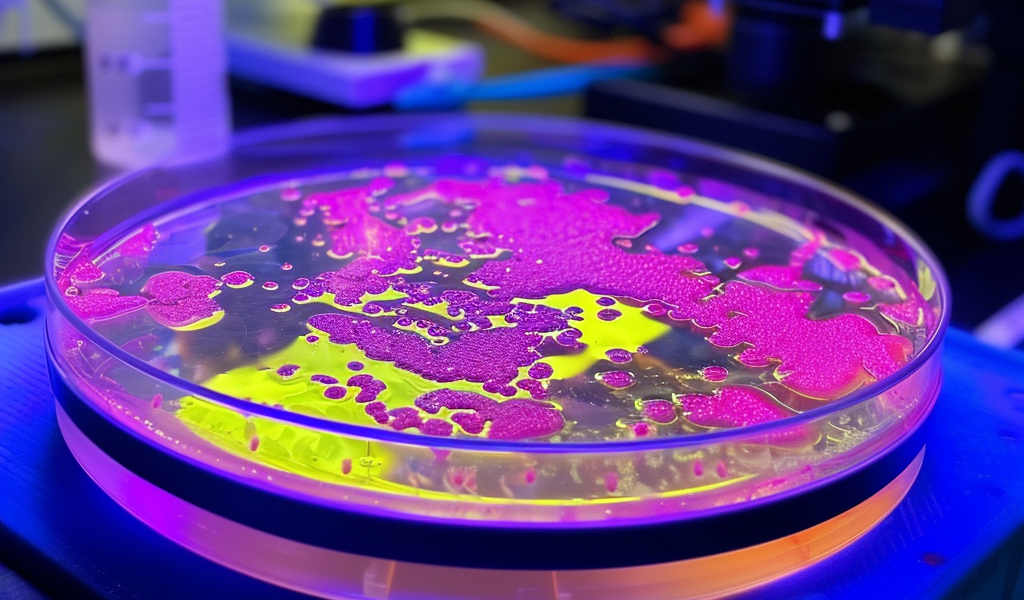Researchers at the Yong Loo Lin School of Medicine, National University of Singapore (NUS Medicine), have made a groundbreaking discovery in the field of cancer treatment. Traditional chemotherapy has long been associated with severe side effects, damage to healthy tissues, and limited efficacy. However, a team led by Associate Professor Matthew Chang has developed a new approach that offers a more targeted, effective, and less toxic alternative to traditional chemotherapy.
The innovative method of drug delivery, detailed in a recent publication in Nature Communications, involves using engineered bacteria to deliver chemotherapy drugs directly to tumor sites. This approach not only enhances treatment effectiveness but also reduces the required drug dosage for cancer treatment.
The researchers at NUS Medicine’s Synthetic Biology for Clinical and Technological Innovation (SynCTI) and Synthetic Biology Translational Program (Syn Bio TRP) identified a new strategy that leverages the natural interactions between bacteria and cancer cells. By utilizing prodrugs that activate specifically in tumor environments, the team aims to minimize damage to healthy tissues while maximizing drug efficacy.
In their study, the researchers developed a prodrug delivery system using a commensal Lactobacillus strain that binds to cancer cells via a surface molecule called heparan sulfate. These engineered bacteria carry a prodrug that converts to the chemotherapy drug SN-38 at the tumor site.
Through preclinical models of nasopharyngeal cancer, the engineered bacteria demonstrated targeted localization in the tumor and released the chemotherapy drug directly at the cancer site. This led to a 67% reduction in tumor growth and a 54% increase in the effectiveness of the chemotherapy drug.
One of the key advantages of this research is its potential for broader applications in various types of cancer therapy. The specific Lactobacillus strain identified by the researchers shows promise for future developments in cancer treatment.





